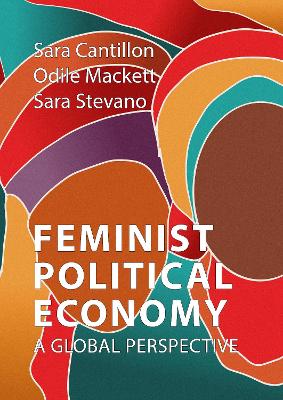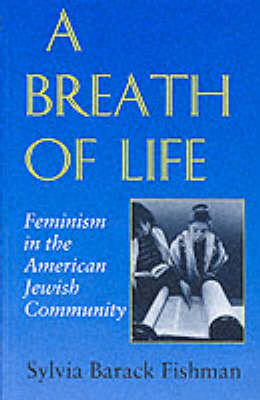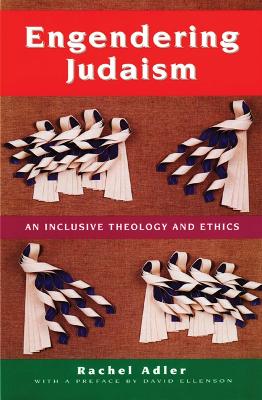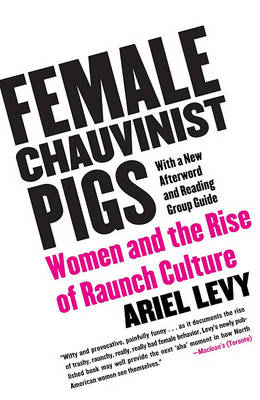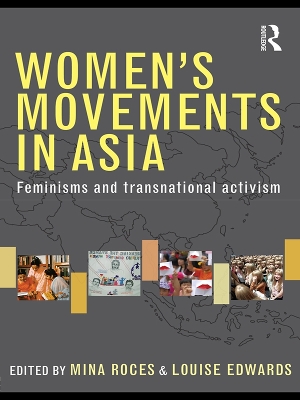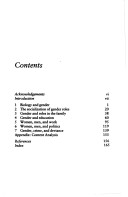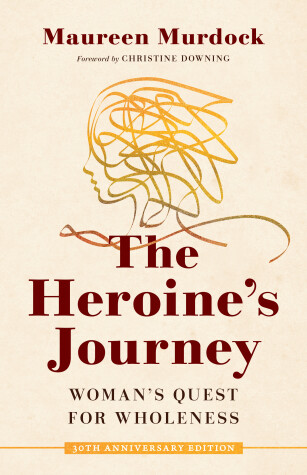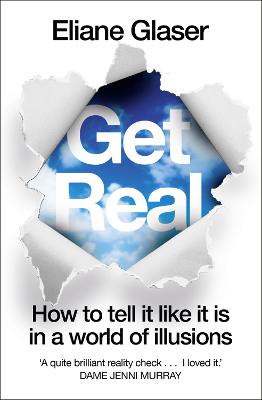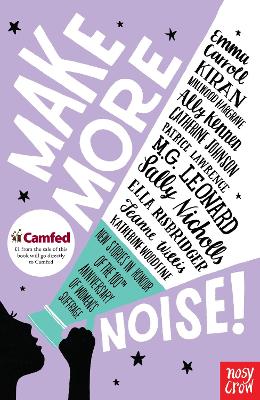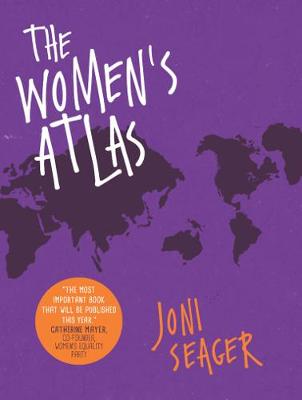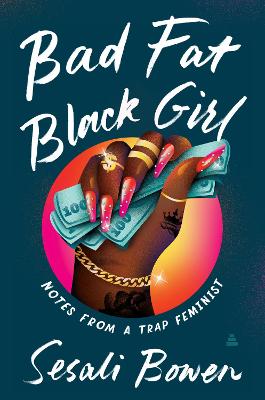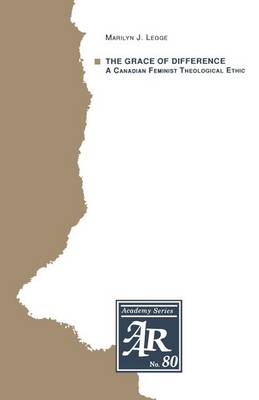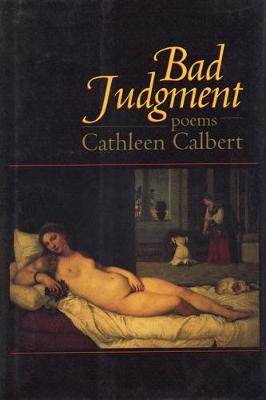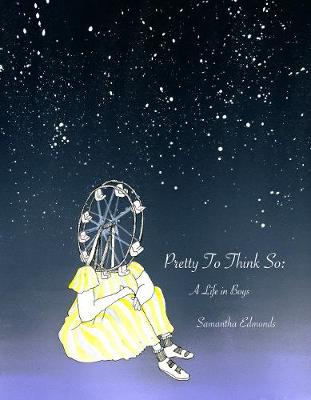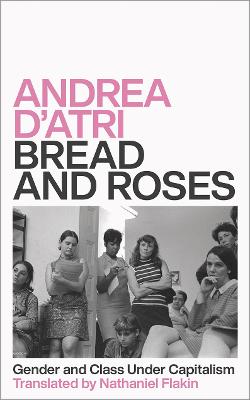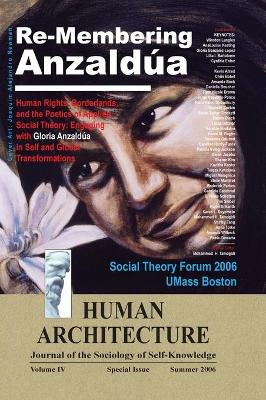Feminist political economy is essential to understanding the gendered dimensions of contemporary capitalism. Motivated by the rejection of gender-blind approaches in economics and political economy, feminist political economy sheds new light on the power relations that shape household, national and global dynamics. It recognizes and explores the relations between the economic, the social and the political in the reproduction of inequality and engages with debates that are relevant for both the g...
Today's Jewish women, successfully availing themselves of the increased educational and occupational opportunities that feminism has encouraged, feel a new sense of self and entitlement. Yet as feminist advances have opened possibilities, they also have called into question traditional roles. The challenge to Jewish women today is to preserve the Jewish community and guarantee its survival while creating meaningful new social and spiritual models that respond to feminist enlightenment. Drawing o...
Contemporary Feminist Pragmatism (Routledge Studies in Contemporary Philosophy)
The notion of "feminist pragmatism" or "pragmatist feminism" has been around since Charlene Haddock Seigfried introduced it two decades ago. However, the bulk of the work in this field has been directed toward recovering the feminist strain of classical American philosophy, largely through renewed interest in the work of Jane Addams. This exploration of the origins of feminism and pragmatism has been fruitful in building a foundation for theoretical considerations. The editors of this volume b...
This is a pioneering work on what it means to "engender" Jewish tradition-how women's full inclusion can and must transform our understanding and practice of Jewish law, prayer, and marriage. Adler's writing is passionate, sharply intelligent and offers a serious study of traditional biblical and rabbinic texts. Engendering Judaism challenges both mainstream Judaism and feminist dogma and speaks across the movements as well as to Christian theologians and feminists.
If male chauvinist pigs of years past thought of women as pieces of meat, female chauvinist pigs of today are doing them one better, making sex objects of other women -and of themselves. With a wink and a nudge, they are welcoming back strippers, porn stars and Playboy Bunnies as the heroes of post-feminist culture. Taking off your bra used to mean liberation - now it's just the sign of another girl gone wild in her attempt to win favour from the boys. In "Female Chauvinist Pigs" journalist Arie...
Women's Movements in Asia
Women's Movements in Asia is a comprehensive study of women’s activism across Asia. With chapters written by leading international experts, it provides a full overview of the history of feminism, as well as the current context of the women’s movement in 12 countries: the Philippines, China, Indonesia, Japan, Burma, Singapore, Vietnam, Malaysia, Thailand, Cambodia, Hong Kong, Korea, India and Pakistan. For each of these countries the manner in which feminism changes according to cultural, polit...
Stephanie Garratt examines the recent work of feminists and other sociologists on gender, taking examples from a range of cultures.
The Heroine’s Journey describes contemporary woman’s search for wholeness in a society where she has been defined according to masculine values. Drawing on cultural myths and fairy tales, ancient symbols and goddesses, and the dreams of contemporary women, Murdock illustrates the need for—and the reality of—feminine values in Western culture. This special anniversary edition, with a new foreword by Christine Downing and preface by the author, illuminates that this need is just as relevant today...
Cities and Sexualities (Routledge Critical Introductions to Urbanism and the City)
by Phil Hubbard
From the hotspots of commercial sex through to the suburbia of twitching curtains, urban life and sexualities appear inseparable. Cities are the source of our most familiar images of sexual practice, and are the spaces where new understandings of sexuality take shape. In an era of global business and tourism, cities are also the hubs around which a global sex trade is organised and where virtual sex content is obsessively produced and consumed. Detailing the relationships between sexed bodies, s...
It's time to radically alter the way we perceive the world. It's time to get real. Multinational oil corporations trumpet their green credentials. Shadowy billionaires orchestrate 'grassroots' political movements. Public-spending cuts target the poor, but supposedly 'give power to the people'. To Eliane Glaser, these are all signs of the maddeningly surreal gap between appearance and reality in modern life. We are living in a looking-glass world in which reality is spun and c...
Make More Noise!
by Emma Carroll, Kiran Millwood Hargrave, Catherine Johnson, Ally Kennen, Patrice Lawrence, M. G. Leonard, Sally Nicholls, Ella Risbridger, Jeanne Willis, and Katherine Woodfine
"You have to make more noise than anybody else" - Emmeline Pankhurst, leader of the British Suffragette movementAn incredible collection of brand new short stories, from ten of the UK's very best storytellers, celebrating inspirational girls and women, being published to commemorate the 100th anniversary of women's suffrage in the UK. £1 from the sale of every book will be donated to Camfed, an international charity which tackles poverty and inequality by supporting women's education in the de...
Feminist science studies is a relatively new and exciting field. Women, Science and Technology will fast become the definitive choice for readers seeking an introduction to the way feminism is changing science studies.
Joni Seager has written a visually stunning survey of up-to-the-minute global data redefines what is meant by an atlas. Comprehensive and accessible, her incisive prose combined with the creative use of illustration, charts and infographics portray as never before how women are living across continents and cultures-the advances that have been made and the distances still to be travelled. The result is the most up-to-date global analysis of key issues facing women today: gender equality, literac...
Feminist poems forged with wit and wisdom.
Is it possible to develop a radical socialist feminism that fights for the emancipation of women and of all humankind? This book is a journey through the history of feminism. Using the concrete struggles of women, the Marxist feminist Andrea D'Atri traces the history of the women's and workers' movement from the French Revolution to Queer Theory. She analyzes the divergent paths feminists have woven for their liberation from oppression and uncovers where they have hit dead ends. With the globa...
Feminist Review Issue 20
